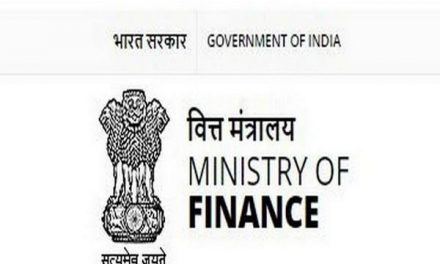Prime Minister Narendra Modi launched ‘Garib Kalyan Rojgar Abhiyaan’ on Saturday (June 20) to boost livelihood opportunities in rural India which saw millions of migrant workers returning home in the wake of coronavirus pandemic.
PM Modi launched the scheme worth Rs 50,000 crore through video conference in presence of Bihar chief minister Nitish Kumar and deputy chief minister Sushil Kumar Modi.
The Prime Minister flagged-off the rs 50,000 crore scheme from village Telihar in Bihar’s Khagaria district via video-conferencing in the presence of Bihar Chief Minister Nitish Kumar and Deputy Chief Minister Sushil Kumar Modi.
Chief Ministers of the other five states and Union Ministers of concerned ministers also participated in the virtual launch from the Telihar village.
Here is all about the Centre’s Garib Kalyan Rojgar Abhiyaan:
The campaign of 125 days across 116 districts in six states aims to work in mission mode to help migrant workers.
* The program will cover 116 districts across Bihar, Uttar Pradesh, Madhya Pradesh, Rajasthan, Jharkhand, and Odisha. All these districts have received more than 25,000 migrant workers during the lockdown.
* It will involve intensified and focused implementation of 25 different types of works to provide jobs and create infrastructure in the rural regions of the country with a resource envelope of Rs 50,000 crore.
* The program, aimed at boosting livelihood opportunities in rural India, will “create durable infrastructure along with boosting employment opportunities,” an official communique said.
* The scheme will be a coordinated effort between 12 different ministries or departments—rural development, Panchayati Raj, road transport and highways, mines, drinking water and sanitation, environment, railways, petroleum, and natural gas, new and renewable energy, border roads, telecom, and agriculture.
* Rural development secretary NN Sinha said that the laying of fiber optics cable, railway works, rurban mission jobs, sanitation works, waste management, poultry, farm ponds, and training through Krishi Vigyan Kendras will be given to the migrant workers under the program.
* Sinha also said that there is no bar for other districts to join the program if they also have more than 25,000 migrant workers.
* The Centre’s dependence on the construction to create jobs comes after skill mapping in districts where more than 25,000 migrant workers have returned, and run by the rural development ministry with monitoring by the PMO.
* The government communique said the 116 districts will also contain 27 aspirational districts—India’s poorest areas in socio-economic indices—and the government hopes to cover about two-thirds of migrant workers.












